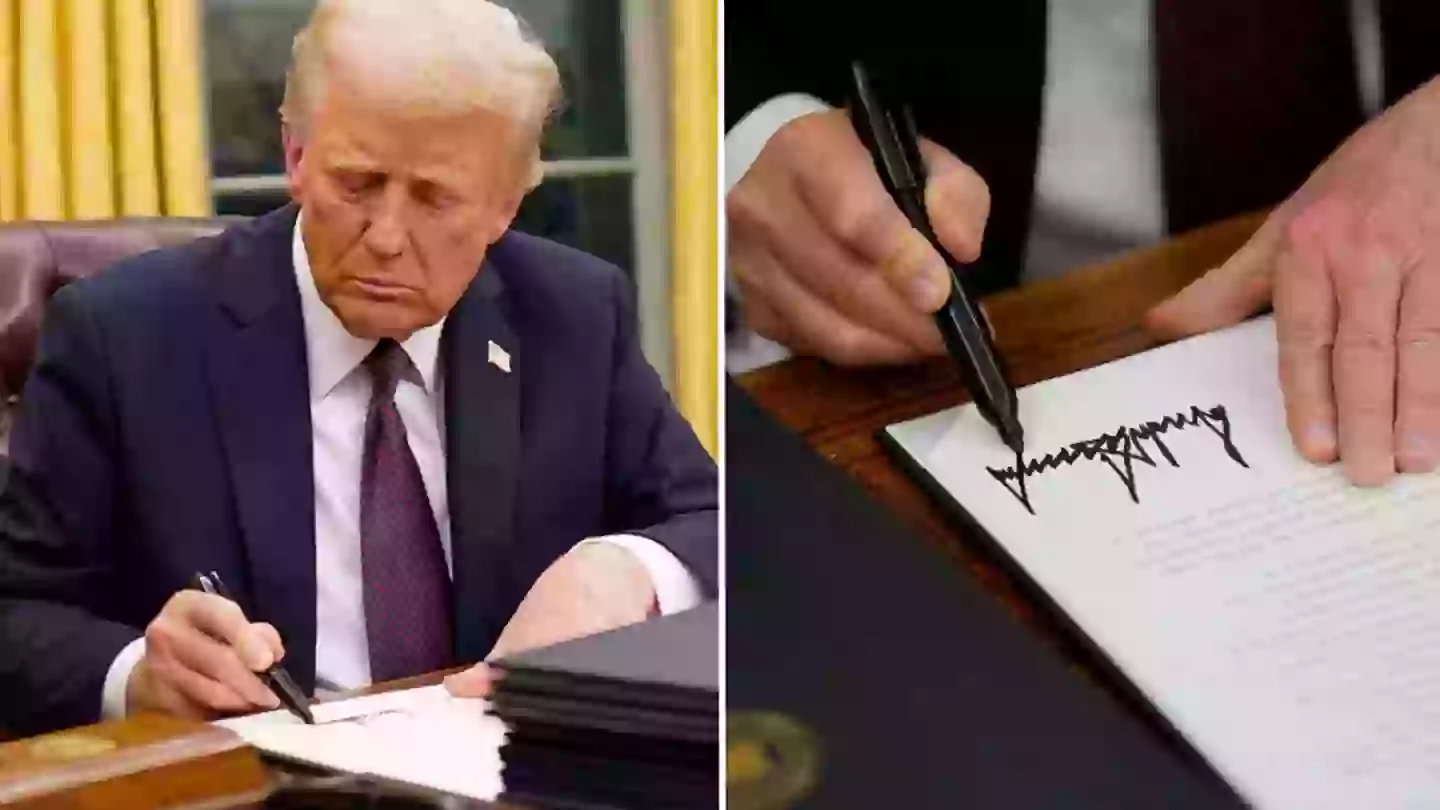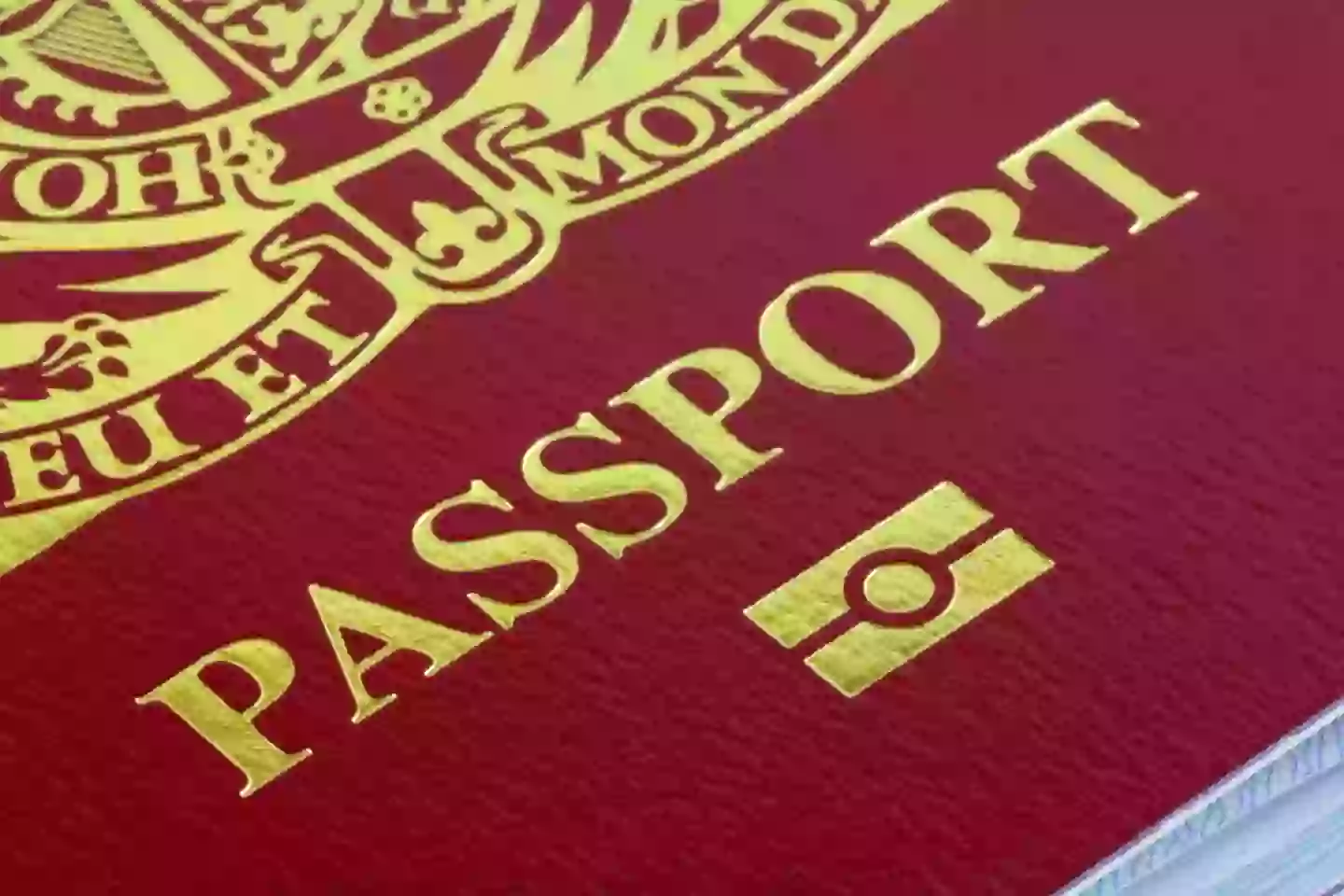
Donald Trump was officially sworn in as the 47th president on the United States yesterday (20 January).
On his first day as president, the 78-year-old Republican leader rescinded 78 orders and actions signed by his Democrat predecessor, Joe Biden.
In his inaugural address, Trump - who is the first person convicted of a felony to assume the presidency - promised that 'all illegal entry will be halted' and that millions of 'criminal aliens' will be deported.
Advert
"All illegal entry will immediately be halted," he said. "And we will begin the process of returning millions and millions of criminal aliens back to the places from which they came."
Trump also announced his intentions to end birthright citizenship for the children of undocumented immigrants. He promised these orders would amount to a 'complete restoration of America' as he hailed 'a Golden Age for America'.
Birthright citizenship meaning
Now, when Trump and his allies reference birthright citizenship, they’re usually talking about the legal principle of jus soli - which means 'right of the soil' in Latin.
Advert
The first sentence of the 14th Amendment to the US constitution establishes the principle of birthright citizenship: "All persons born or naturalized in the United States, and subject to the jurisdiction thereof, are citizens of the United States and of the state wherein they reside."
In short, the legal principle grants citizenship to anyone born in a country, regardless of their parents' citizenship. So, such a principle allows nearly everyone born on US soil to immediately become a US citizen.

What does Trump’s executive order do?
The order in question, which Trump signed on Monday (20 January), tries to make it so that children born in the US, but without at least one parent who is a lawful permanent resident or US citizen, are no longer automatically extended US citizenship.
Advert
It works by disallowing federal agencies from issuing or recognising documentation proving US citizenship for such children who meet that criteria in the US 30 days after the order was signed.
The executive order largely targets children who are born to unauthorised immigrants as well as people legally in the US on temporary visas.
Can Trump end birthright citizenship?
Birthright citizenship is protected by the 14th Amendment and any attempt to revoke it will likely bring immediate legal challenges. This means that, most likely, Trump will not be able to end birthright citizenship - and definitely not through executive order.
Does the UK have birthright citizenship?
Yes, the UK does have birthright citizenship.
Advert

Gov.uk explains that you’re 'usually automatically a British citizen' if you were both born in the UK on or after 1 January 1983 and born when one of your parents was a British citizen or 'settled' in the UK.
However, while you’re automatically a British citizen if you were born in the UK before 1 January 1983 - there are two instances which would mean you wouldn't be granted citizenship.
These include if your father was a diplomat working for a non-UK country or if your father was 'an enemy alien in occupation' and you were born in the Channel Islands during World War 2.
Topics: Celebrity, Donald Trump, News, Politics, US News, World News, UK News